The National Cancer Institute announced that 8 institutions were recognized as Comprehensive Cancer Centers
On Jun. 20, 1971, National Cancer Institute director Dr. Frank J. Rauscher, Jr., announced that eight institutions were…
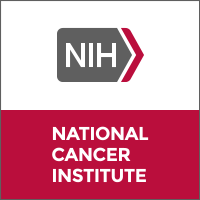
On Jun. 20, 1971, National Cancer Institute director Dr. Frank J. Rauscher, Jr., announced that eight institutions were…
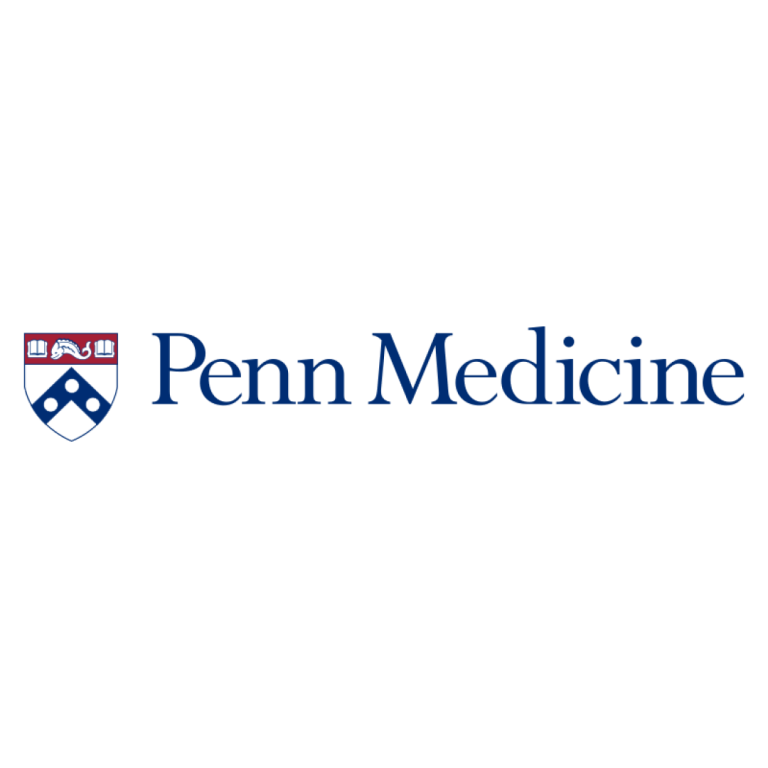
In 1973, Penn Medicine’s Cancer Center was formally established by a dedicated group of cancer specialists committed to…
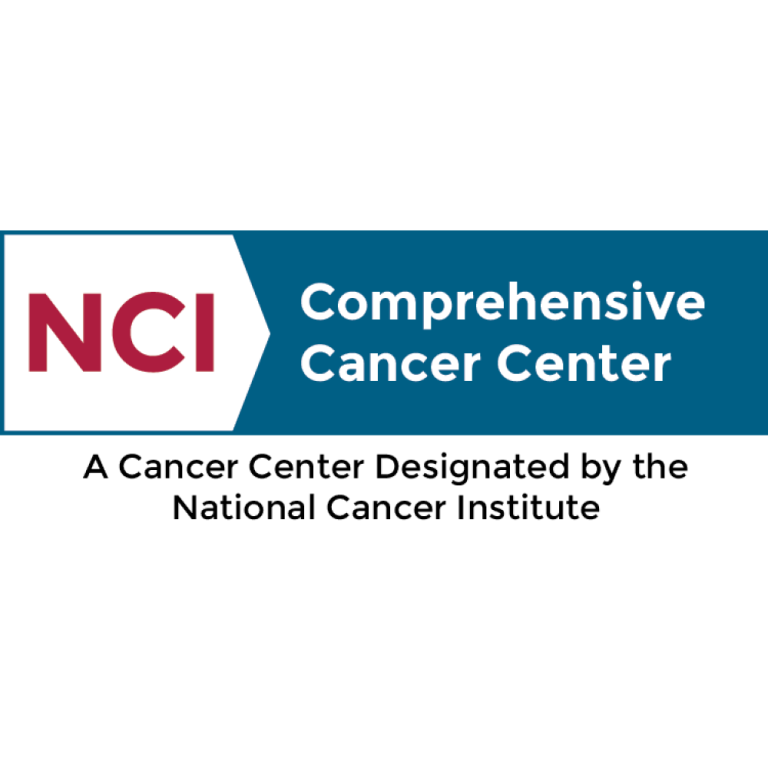
In 1973, the University of Wisconsin Carbone Cancer Center received National Cancer Center designation from the National Cancer…
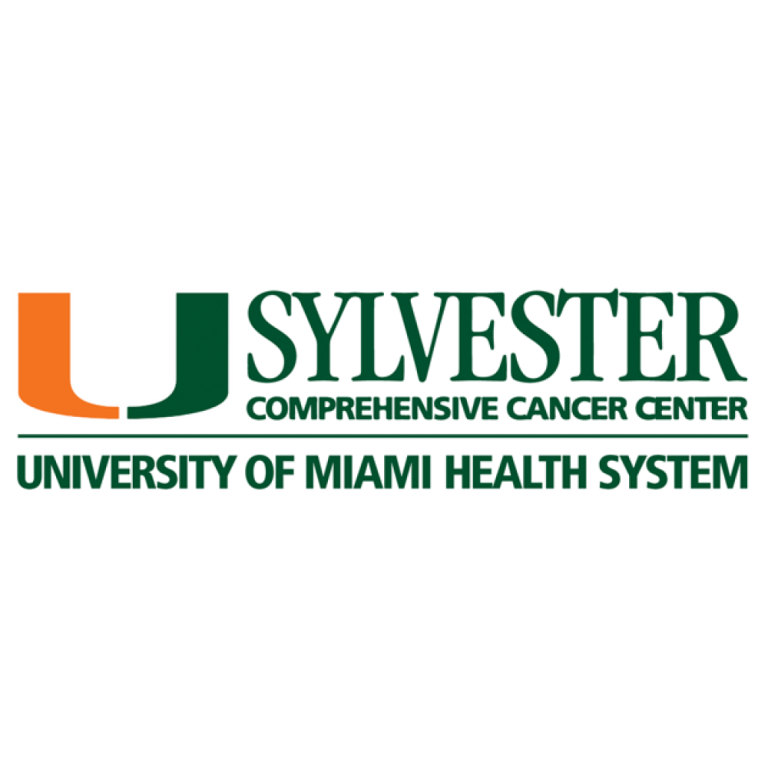
In 1973, the Comprehensive Cancer Center for the State of Florida was founded. The Center, now the Sylvester…
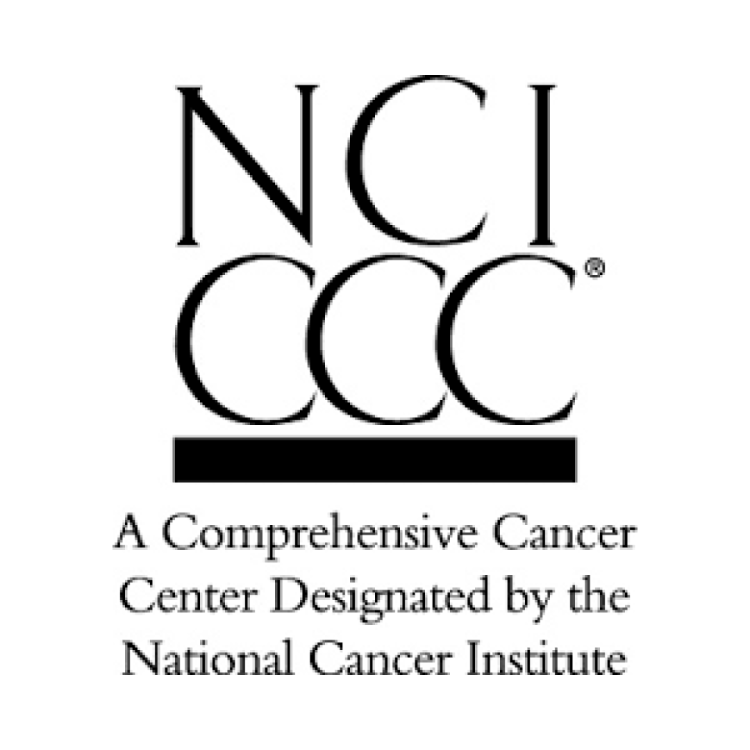
In 1973, the Norris Cancer Center was designated a National Cancer Institute (NCI) Comprehensive Cancer Center, one of…
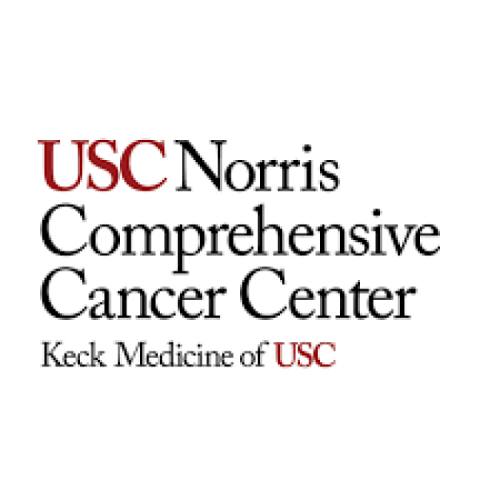
In 1973, the Norris Comprehensive Cancer Center, now the University of Southern California Kenneth Norris Jr. Cancer Center…

In 1973, The Salk Cancer Center received a National Cancer Institute comprehensive cancer center designation. it was one…
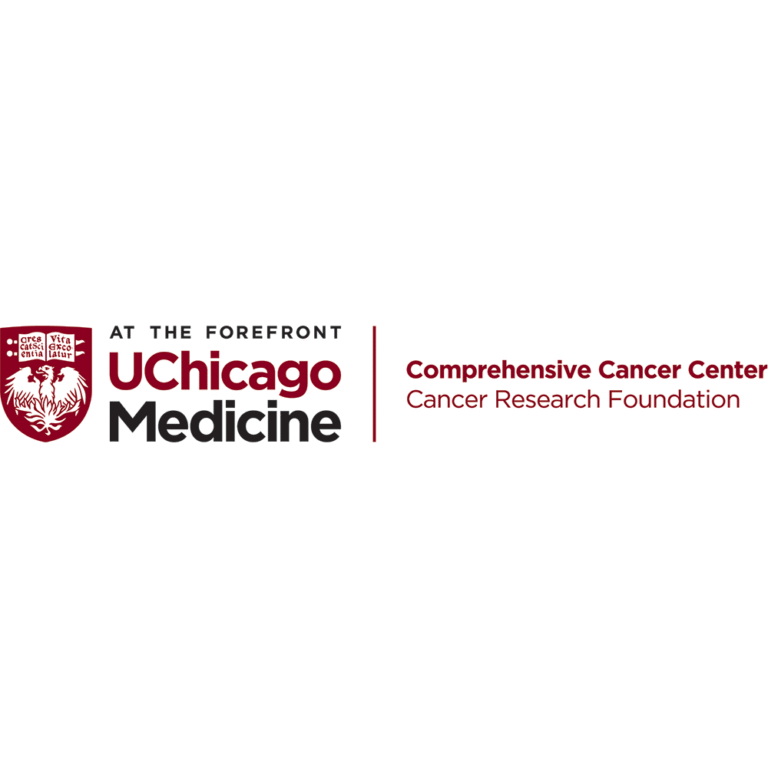
In 1973, UChicago established the University of Chicago Comprehensive Cancer Center (UCCCC), receiving its initial designation as a…

In 1973, the Michigan Cancer Foundation’s cancer registry was invited to join the National Cancer Institute’s (NCI) Surveillance,…
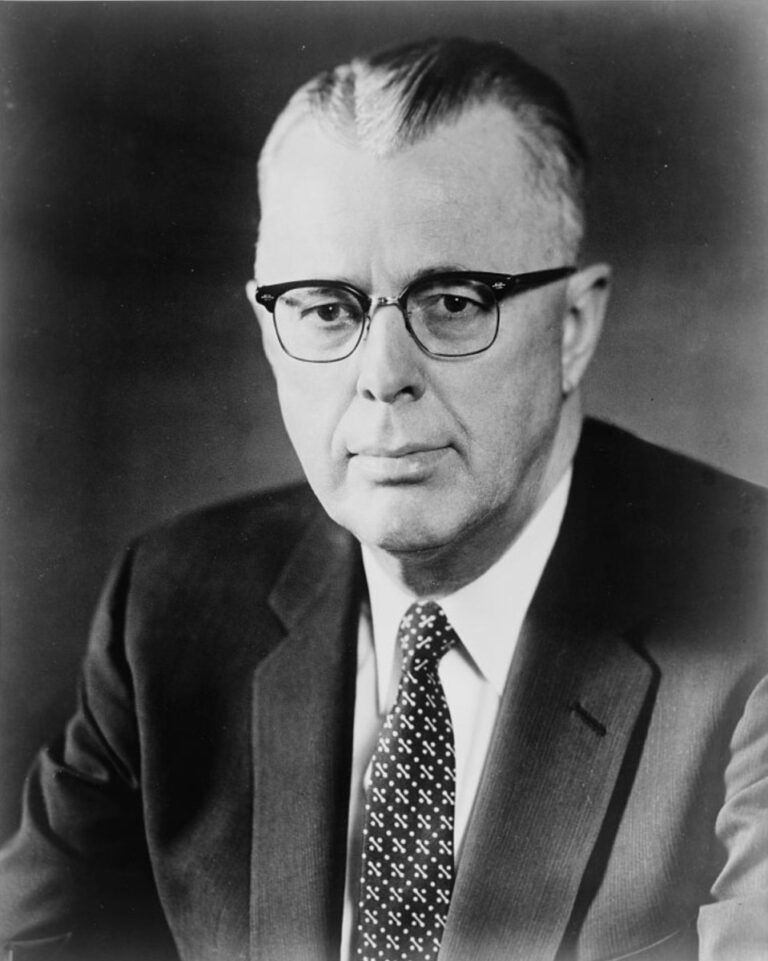
In 1973, Senator Norris Cotton secured a second federal grant of $500,000 to support cancer research at Geisel…
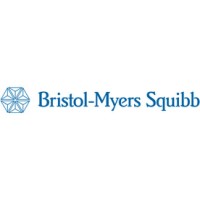
In 1973, Bristol-Myers introduced several early medicines, beginning with BLENOXANE (bleomycin sulfate) for squamous cell cancers, head and…
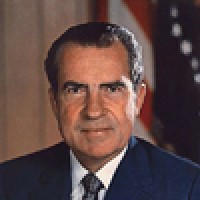
On Jun. 30, 1972, five U.S .cancer scientists met with Russian scientists in Moscow to exchange information on…
In 1972, the Duke Comprehensive Cancer Center, now known as the Duke Cancer Institute (DCI), was established in…
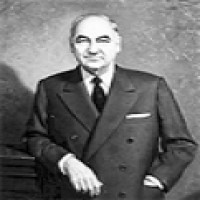
In 1972, by action of the Nebraska Legislature, the Eppley Cancer Center became an independent research institute with…
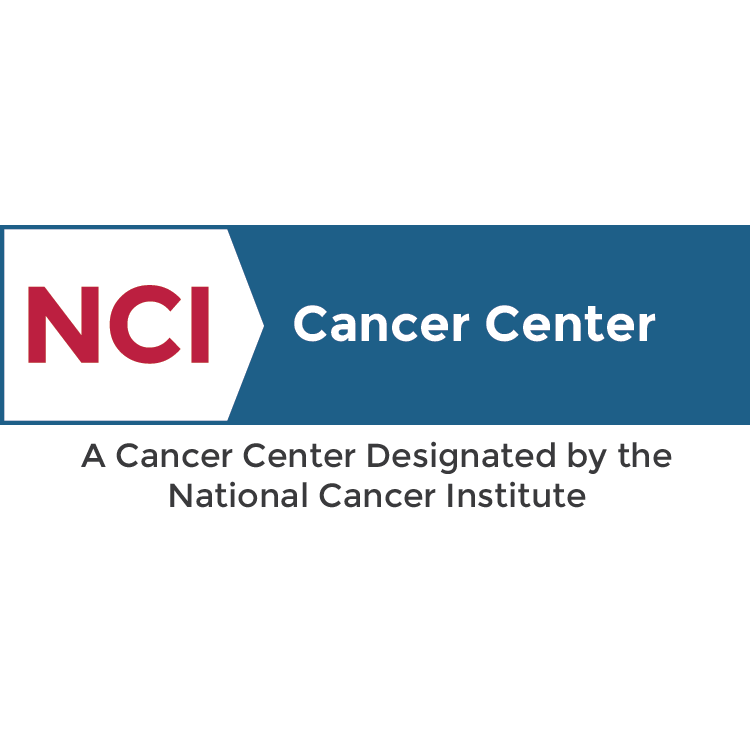
In 1972, The Albert Einstein Cancer Center (AECC), now known as Montefiore Einstein Comprehensive Cancer Center (MECCC), obtained…
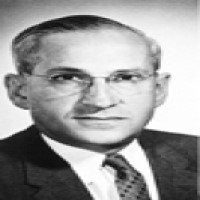
In 1972, Drs. Roy Hertz and Min C. Li, National Cancer Institute scientists, credited with discovering the first…
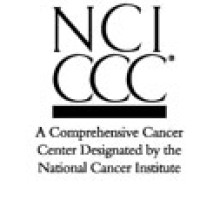
In 1972, Roswell Park received NCI Comprehensive Cancer Center designation in 1972 and was the first institution in…
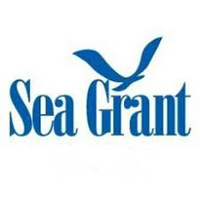
In 1972, the Florida Sea Grant was established as a partnership of academia, government, and industry focused on…

On Dec. 23, 1971, President Richard M. Nixon converted the Army’s former biological warfare facilities at Ft. Detrick,…

On Dec. 23, 1971, the National Cancer Act enacted by President Richard Nixon as part of the nation’s…
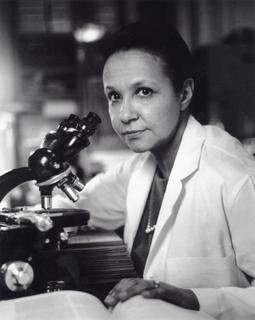
In 1971, Jane Wright became the first woman to be elected president of the New York Cancer Society….
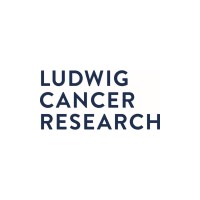
In 1971, The Ludwig Institute for Cancer Research was established by American businessman Daniel K. Ludwig to support…
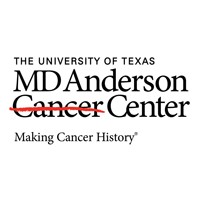
In 1971, The MD Anderson Cancer Center became one of the nation’s first NCI-designated comprehensive cancer centers. Today,…

On May, 24, 2023, Centers for Disease Control and Prevention (CDC) reported that nearly 12 of every 100…

In 1971, G. Denman Hammond, M.D., a renowned pediatric oncologist at Childrens Hospital Los Angeles and leader in…
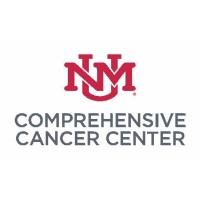
In 1971, The University of New Mexico Cancer Center was established by the state’s Legislature. Today, the Cancer…
In 1971, Memorial Sloan-Kettering Cancer Center (MSK) was one of the first cancer centers in the U.S. to…
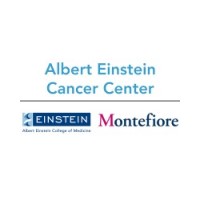
In 1971, The Albert E instein Cancer Center (AECC) was established. The goals of AECC are to foster…
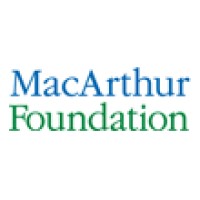
On Oct. 18, 1970, the John D. and Catherine T. MacArthur Foundation was founded. The MacArthur’s business interests…
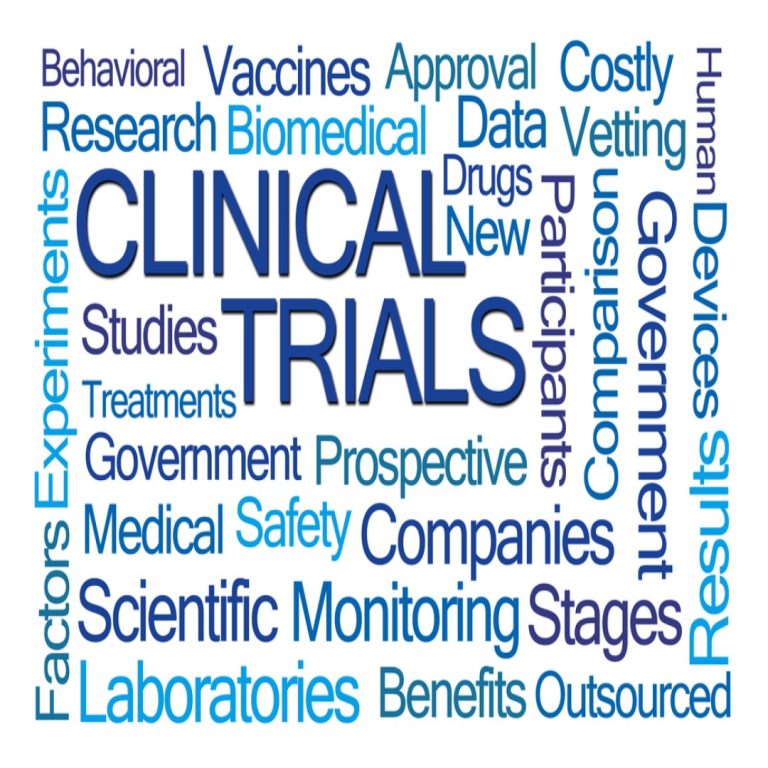
In 1970, Cisplatin, a platinum-containing anticancer compound with unique biologic effects, entered clinical trials. On Dec. 19, 1978,…